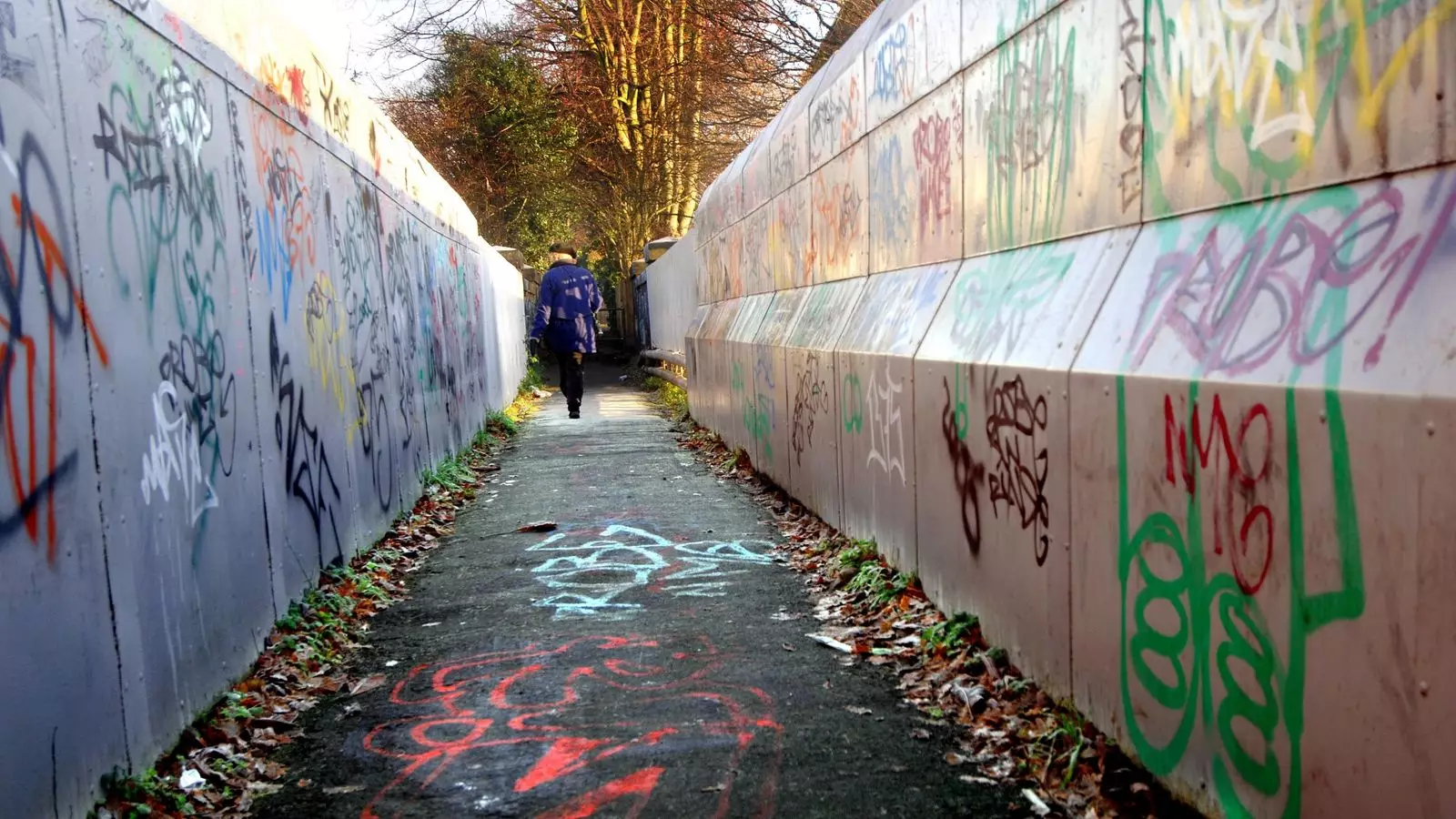The recent unveiling of “respect orders” marks a significant shift in governmental strategies aimed at combating anti-social behaviour in communities across England and Wales. With the potential for offenders to face severe penalties such as two-year prison sentences, unlimited fines, or mandated curfews, the initiative seeks to restore a sense of safety and civility in public spaces. This proactive approach, outlined in the Labour Party’s election manifesto, highlights a determination to re-establish control over neighborhoods that have been described by Home Secretary Yvette Cooper as plagued by disruptive conduct.
Anti-social behaviour can have far-reaching consequences on communities, severely impacting the quality of life for residents. The sentiment expressed by Cooper reflects a growing recognition that such behaviour not only disrupts daily life but can lead to a pervasive sense of fear among citizens. By targeting the persistent offenders through the proposed measures, the government aims not merely to punish but to deter future incidents. The Home Office’s emphasis on early intervention indicates a forward-thinking approach, suggesting that addressing these issues at their source may ultimately contribute to long-term societal benefits.
The Role of Local Authorities and Law Enforcement
Under these new proposals, local councils and police forces will be empowered to impose specific restrictions on habitual offenders, including banning them from town centers. This level of authority is critical, as it enables a more tailored and immediate response to individuals who consistently compromise public safety. As articulated by Deputy Chief Constable Andy Prophet, this framework offers an opportunity to create a safer environment for everyone, enabling law enforcement agencies to act swiftly against those who foster insecurity in public spaces.
What sets the respect orders apart from traditional punitive measures is their potential for holistic rehabilitation of offenders. The suggestion that those found guilty may be required to attend anger management courses or seek treatment for substance abuse represents a crucial step towards understanding and mitigating the underlying causes of anti-social behaviour. As Harvinder Saimbhi, chief executive of victim support charity ASB Help, indicated, addressing these root causes is paramount. By focusing on rehabilitation as well as punishment, the government could foster a more constructive judicial environment that seeks to reintegrate offenders into society positively.
While the intentions behind respect orders are laudable, implementing these measures will likely present challenges. Questions surrounding enforcement, community support, and the effectiveness of rehabilitation programs must be addressed to ensure that the initiative truly benefits citizens. Additionally, public perception of these orders will play a crucial role in their acceptance. Communities must be engaged in dialogue to understand the implications of such policies, ensuring that they feel actively involved in the restoration of their local environments.
The introduction of respect orders serves as a pivotal moment in the fight against anti-social behaviour. By taking stringent measures alongside rehabilitative strategies, the government aims to reclaim the streets for law-abiding citizens. The success of these efforts will ultimately depend on effective execution and community involvement, paving the way for a brighter, safer future for all.

Leave a Reply